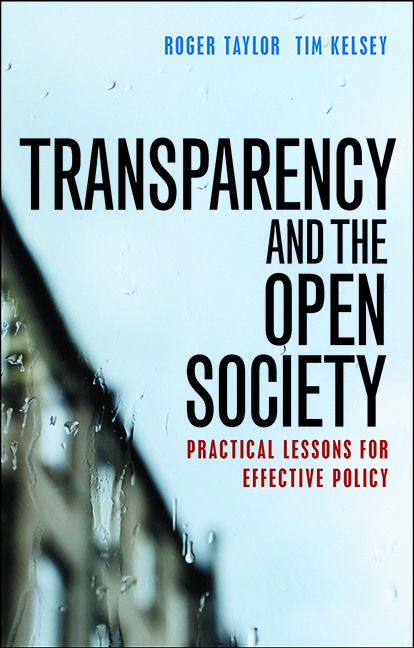16 - Independent narratives
Published online by Cambridge University Press: 05 April 2022
Summary
Sir Brian Jarman, emeritus professor at the faculty of medicine at Imperial College London, came to medicine late in life. His PhD was in seismology and he had an early career prospecting for oil in Libya before deciding to retrain as a doctor.
By the 1980s, Jarman was working as a trainee doctor at Beth Israel Hospital in Boston along with Howard Hiatt, a co-author of the Harvard Medical Practice Study, which is one of the most influential academic papers ever published on safety in healthcare. In 1991 the New England Journal of Medicine published the first results from the study. This was ‘not the first study to examine adverse events in healthcare organizations, but it established the standard by which adverse events are measured and laid the groundwork for policy discussions on patient safety in several countries’.
The researchers had taken over 30,000 randomly selected records from 51 New York State hospitals in 1984 and reviewed them to identify adverse events – unintended incidents that had occurred in the course of treatment and which had harmed the patients. They then calculated average rates of such harm. The results came as a shock. They estimated that of the 2.7 million patients discharged from these hospitals in 1984 nearly 100,000 had experienced an adverse event. One-third of these could be considered negligent; more than one in 10 had resulted in the death of the patient.
The study influenced thinking about medicine around the world and led to a succession of studies that have confirmed the high rates of medical error. One New Zealand study identified medical errors as one of the biggest threats to public health alongside road traffic accidents.
It also had a profound effect on Brian Jarman, who returned to the UK and became professor in the Department of Primary Care at Imperial College. Jarman wanted to know what the comparable rates of medical error were in the UK. But rather than going through the notes of individual patients, he realised that the National Health Service (NHS) held data on every patient across the country which could be used to investigate the same issue.
- Type
- Chapter
- Information
- Transparency and the Open SocietyPractical Lessons for Effective Policy, pp. 265 - 280Publisher: Bristol University PressPrint publication year: 2016



